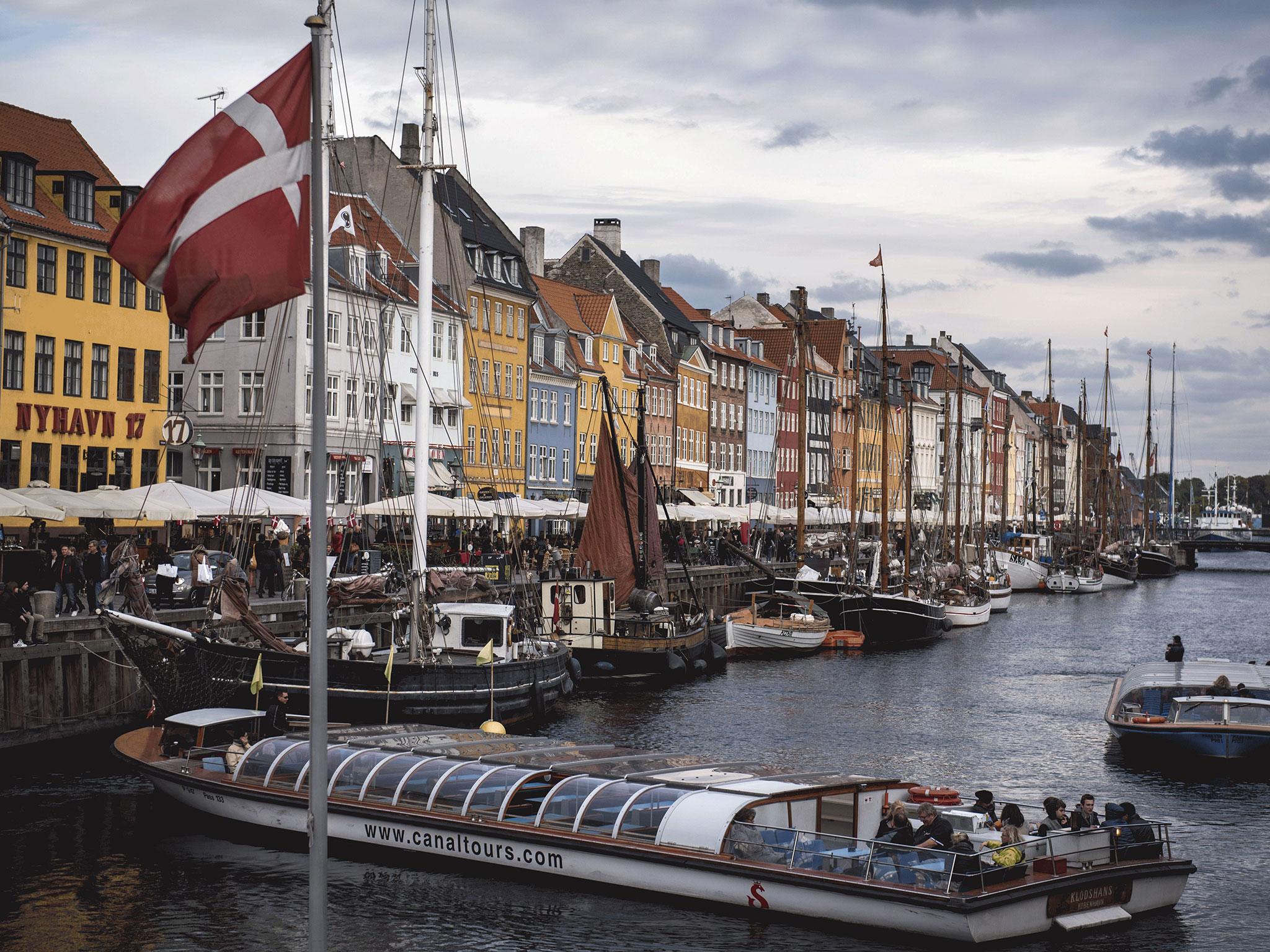The world's best and worst places to retire
This year's Mercer's Global Pension Index is a 'warning for all countries to prepare, prepare, prepare'

Your support helps us to tell the story
From reproductive rights to climate change to Big Tech, The Independent is on the ground when the story is developing. Whether it's investigating the financials of Elon Musk's pro-Trump PAC or producing our latest documentary, 'The A Word', which shines a light on the American women fighting for reproductive rights, we know how important it is to parse out the facts from the messaging.
At such a critical moment in US history, we need reporters on the ground. Your donation allows us to keep sending journalists to speak to both sides of the story.
The Independent is trusted by Americans across the entire political spectrum. And unlike many other quality news outlets, we choose not to lock Americans out of our reporting and analysis with paywalls. We believe quality journalism should be available to everyone, paid for by those who can afford it.
Your support makes all the difference.Denmark has been crowned the best country in the world in which to retire for the fourth year running – eight places ahead of the UK.
The Scandinavian kingdom was given the top spot in this year’s Mercer’s Global Pension Index, which measures 25 retirement systems against 40 indicators, covering close to 60 per cent of the world’s population.
While Denmark was rated the best retirement retreat overall, as well as best for the sustainability of its retirement system, Australia's system came top for adequacy, and Finland's for integrity.

“Denmark’s well-funded pension system with its good coverage, high level of assets and contributions, the provision of adequate benefits and a private pension system with developed regulations are the primary reasons for its stop spot,” said a report into the index, now in its seventh year.
“Implementing the right reform to improve pension systems and provide financial security in retirement has never been more critical for both individuals and societies,” Dr David Knox, author of the report, said.
“Our seven-year snapshot highlights the importance of measures such as adjusting the state pension age, increasing workforce participation amongst our ageing population, or funding additional contributions for future retirement income.”
He said raising the retirement age could be one way for countries to make their pension systems more sustainable with an ageing population.
Dr Knox said: “Extending the years that individuals spend in the workforce is one of the most positive ways of developing sustainable retirement systems when life expectancies are increasing.
“While there is a natural limit to the participation rate at older ages, with most countries still below 70 per cent, the scope for significant increases across the world remains, which would improve the sustainability of many pension systems.”

The index found there was huge variety in how much money countries set aside, as a proportion of their gross domestic product, to pay for its citizens' future retirement.
While Indonesia earmarked 1.8 per cent of its GDP in this way, Denmark put aside a significant 168.9 per cent of its GDP.
“Some countries have very limited private pension arrangements whereas others have well-developed and mature pension systems. However, it is an important warning for all countries to prepare, prepare, prepare,” Dr Knox added.
The best and worst places to retire:
- Denmark (81.7)
- Netherlands (80.5)
- Australia (79.6)
- Sweden (74.2)
- Switzerland (74.2)
- Finland (73)
- Canada (70)
- Chile (69.1)
- UK (65)
- Singapore (64.7)
- Ireland (63.1)
- Germany (62)
- France (57.4)
- US (56.3)
- Poland (56.2)
- South Africa (53.4)
- Brazil (53.2)
- Austria (52.2)
- Mexico (52.1)
- Italy (50.9)
- Indonesia (48.2)
- China (48)
- Japan (44.1)
- South Korea (43.8)
- India (40.3)
Join our commenting forum
Join thought-provoking conversations, follow other Independent readers and see their replies
Comments